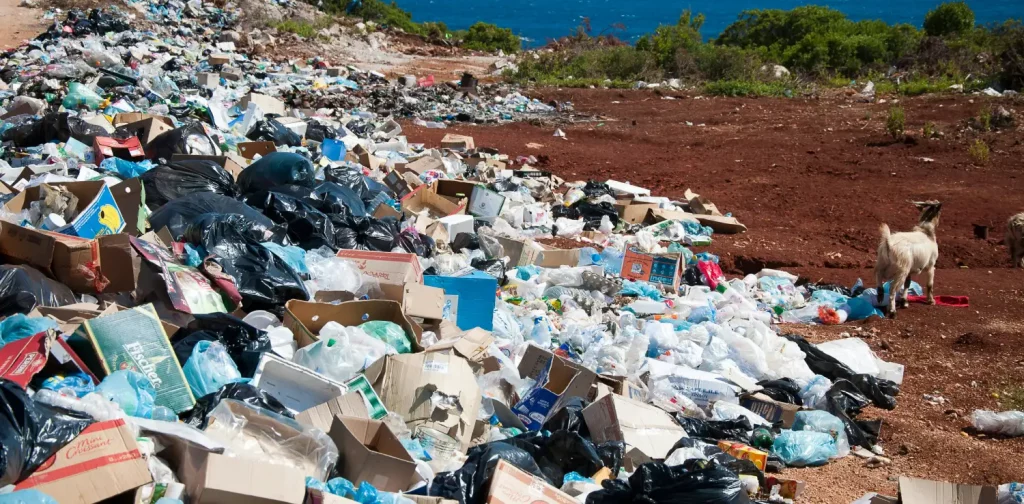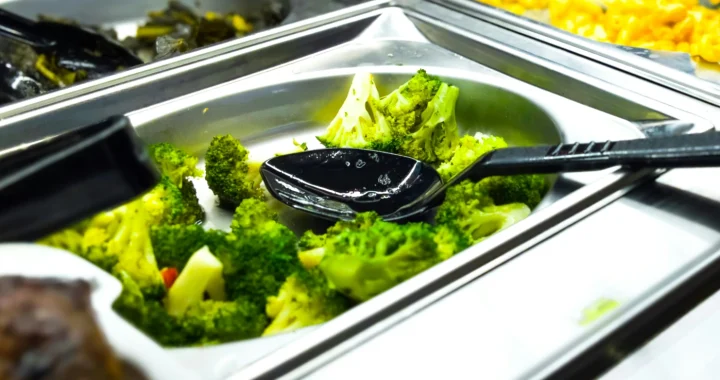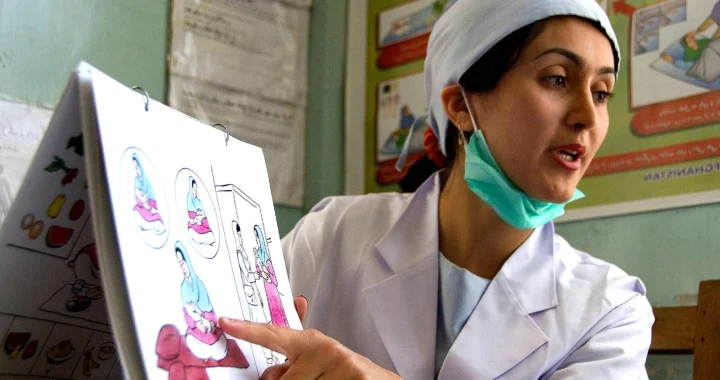A Global Treaty to End Plastic Pollution is Underway

Photo: Antoine GIRET on Unsplash.
Originally invented as a substitute for natural resources, plastics have taken the world by storm. However, this popularity comes with a consequence: plastic waste accumulation has become one of the most urgent global issues. To tackle this, a global treaty to end plastic pollution is underway.
The treaty to end plastic pollution
From our kitchen bins all the way to the oceans, plastic waste is everywhere. Global plastic waste generation has more than doubled in the last two decades, reaching 353 million tonnes in 2019. This illustrates the direct impact of plastic consumption growth, which is four times higher than in the 1990s.
Unmanaged plastic waste seriously impacts public health, the environment, and the economy. Large and systemic interventions are needed. Against this backdrop, 175 nations adopted a resolution to end plastic pollution by 2024 during the fifth UN Environment Assembly in March 2022. Inger Andersen, the Executive Director of UNEP, claimed that it was “the most significant environmental multilateral deal since the Paris accord.”
The resolution aims to develop an international legally binding instrument to end plastic pollution. The goal is to promote sustainable production and consumption of plastic in its entire life cycle, from production and design to disposal. Furthermore, the resolution also led to establishing the Intergovernmental Negotiating Committee (INC) as a working group to develop the instrument.
How is the negotiation so far?
Since its inception, the INC has conducted four negotiation sessions. Multiple negotiations have occurred during these sessions. With many countries involved, the discussions often went back and forth on the best possible instruments and models to be included in the treaty.
For instance, there were divided opinions regarding the instrument’s legal approach. Some developed countries called for a bottom-up approach in which states determine commitments based on capacity, intention, and climate actions. Meanwhile, other developing countries preferred strong global obligations for all countries to safeguard fairness. Additionally, details of funding issues, the scope of the treaty, and other instruments are included in the negotiation process.
The fourth session was held from April 23–29, 2024, in Ottawa, Canada. Six days before the session began, civil society groups published a letter addressed to the UNEP Executive Director Andersen and Secretary Mathur-Filipp, calling for resolving conflicts of interest in the INC sessions. The letter is signed by 111 civil society groups from around the world.
“Any mechanism to address conflicts of interest should be focused on preventing vested interests which could conflict with the objectives of the treaty. In the context of negotiations of the plastics treaty, the participation of businesses from the oil, gas, and petrochemical sectors poses a severe threat to the objectives of the treaty, introducing potential conflicts that need careful consideration,” the letter says. “Therefore, any steps taken need to include requirements for disclosure of conflicts of interest but also must include policies to truly prevent and mitigate these conflicts.”
Fair, comprehensive, and binding
The fifth and last session (INC-5) will be conducted from November 25 to December 1, 2024, in Busan, Republic of Korea. There, United Nations bodies, country delegates, and corporations have the utmost responsibility to form a comprehensive, fair, and binding treaty on plastics. Holding each party accountable and supporting their commitments to address this issue are necessary steps to end plastic pollution.
Editor: Nazalea Kusuma

Co-create positive impact for people and the planet.
Amidst today’s increasingly complex global challenges, equipping yourself, team, and communities with interdisciplinary and cross-sectoral insights on sustainability-related issues and sustainable development is no longer optional — it is a strategic necessity to stay ahead and stay relevant.

Kresentia Madina
Madina is the Assistant Manager of Stakeholder Engagement at Green Network Asia. She holds a bachelor’s degree in English Studies from Universitas Indonesia. As part of the GNA In-House Team, she supports the organization's multi-stakeholder engagement across international organizations, governments, businesses, civil society, and grassroots communities through digital publications, events, capacity building, and research.


 Systemic Shift to Enable Healthy School Food Environments
Systemic Shift to Enable Healthy School Food Environments  Looking into the Global Midwife Shortage
Looking into the Global Midwife Shortage  Reframing Governance in the Era of Water Bankruptcy
Reframing Governance in the Era of Water Bankruptcy  Strengthening Resilience amid Growing Dependence on Space Infrastructure
Strengthening Resilience amid Growing Dependence on Space Infrastructure  Indian Gig Workers Push Back Against 10-Minute Delivery Service Strain
Indian Gig Workers Push Back Against 10-Minute Delivery Service Strain  Call for Governance: Grassroots Initiatives Look to Scale Efforts to Conserve Depleting Groundwater
Call for Governance: Grassroots Initiatives Look to Scale Efforts to Conserve Depleting Groundwater